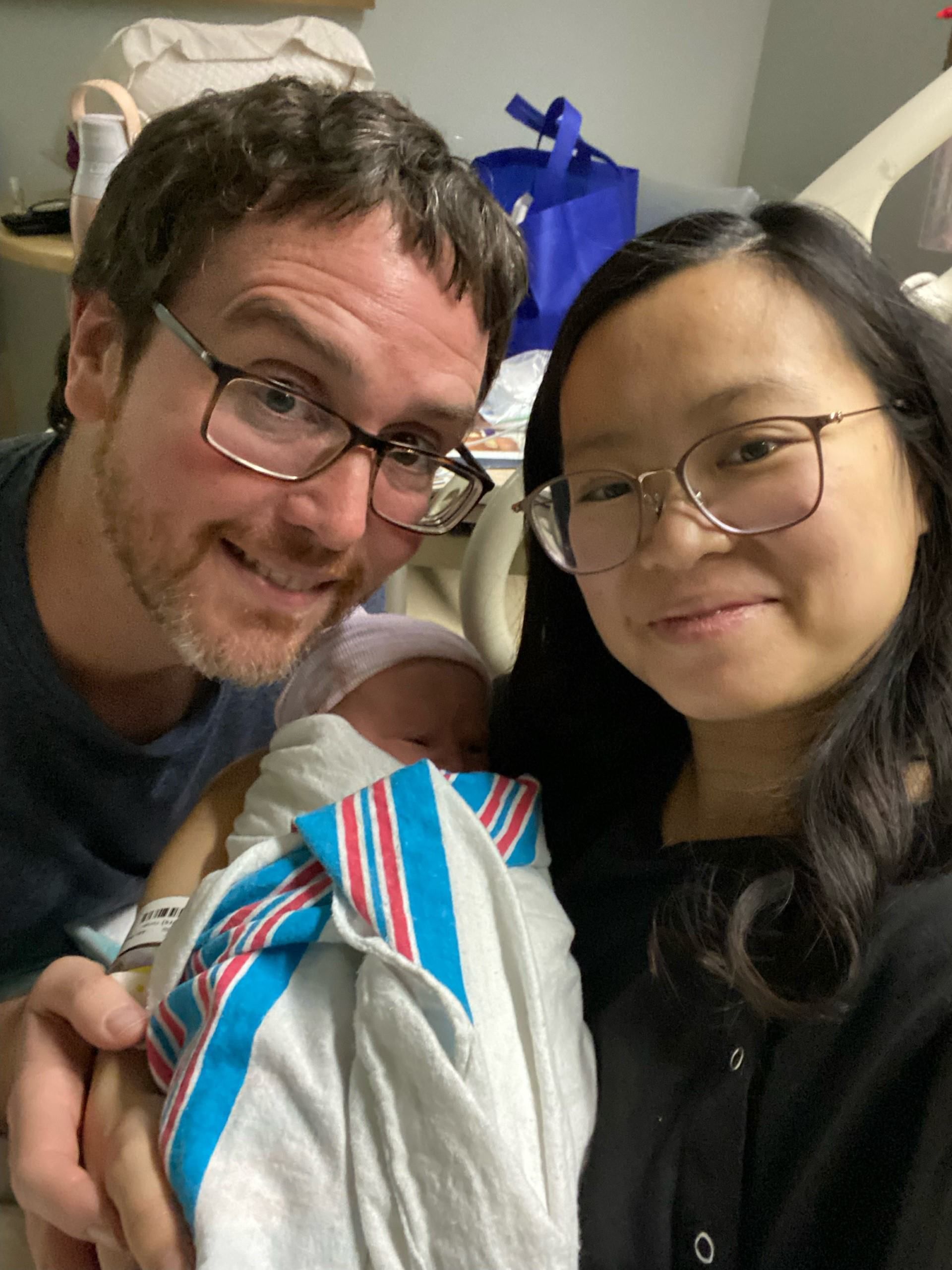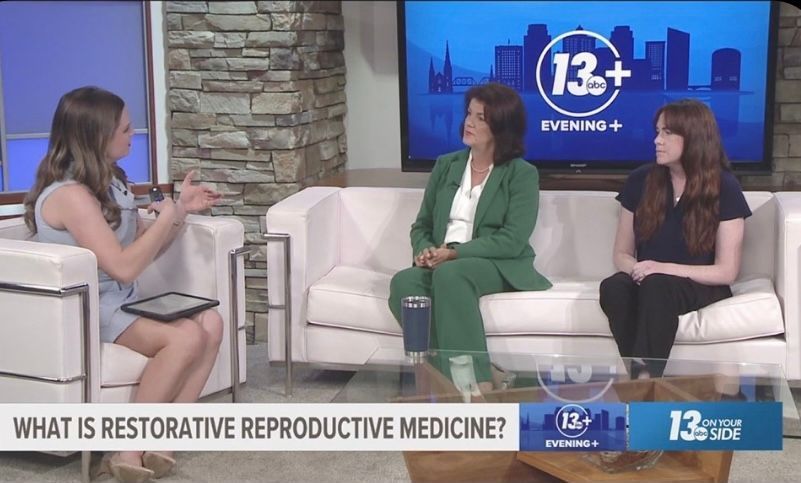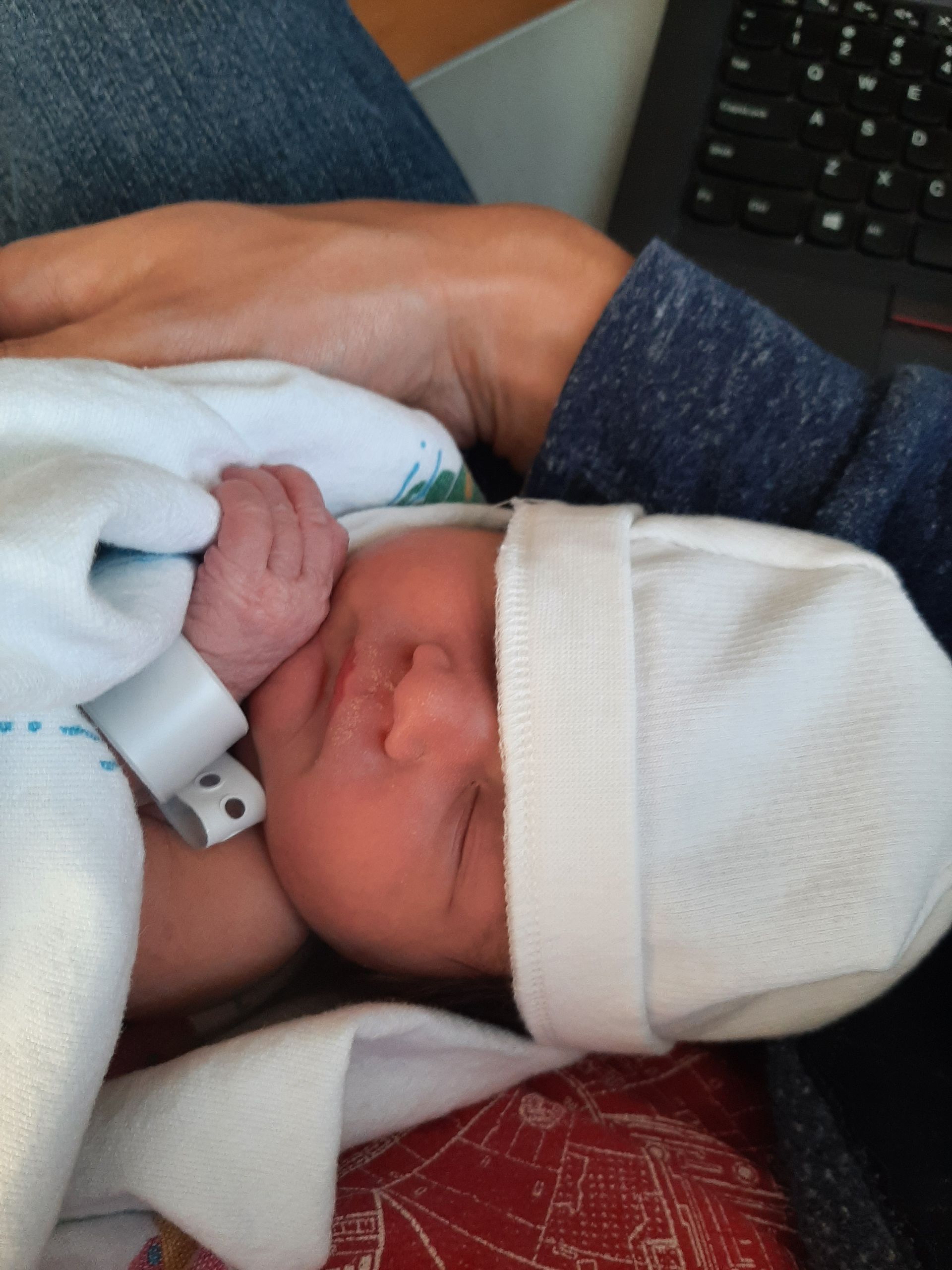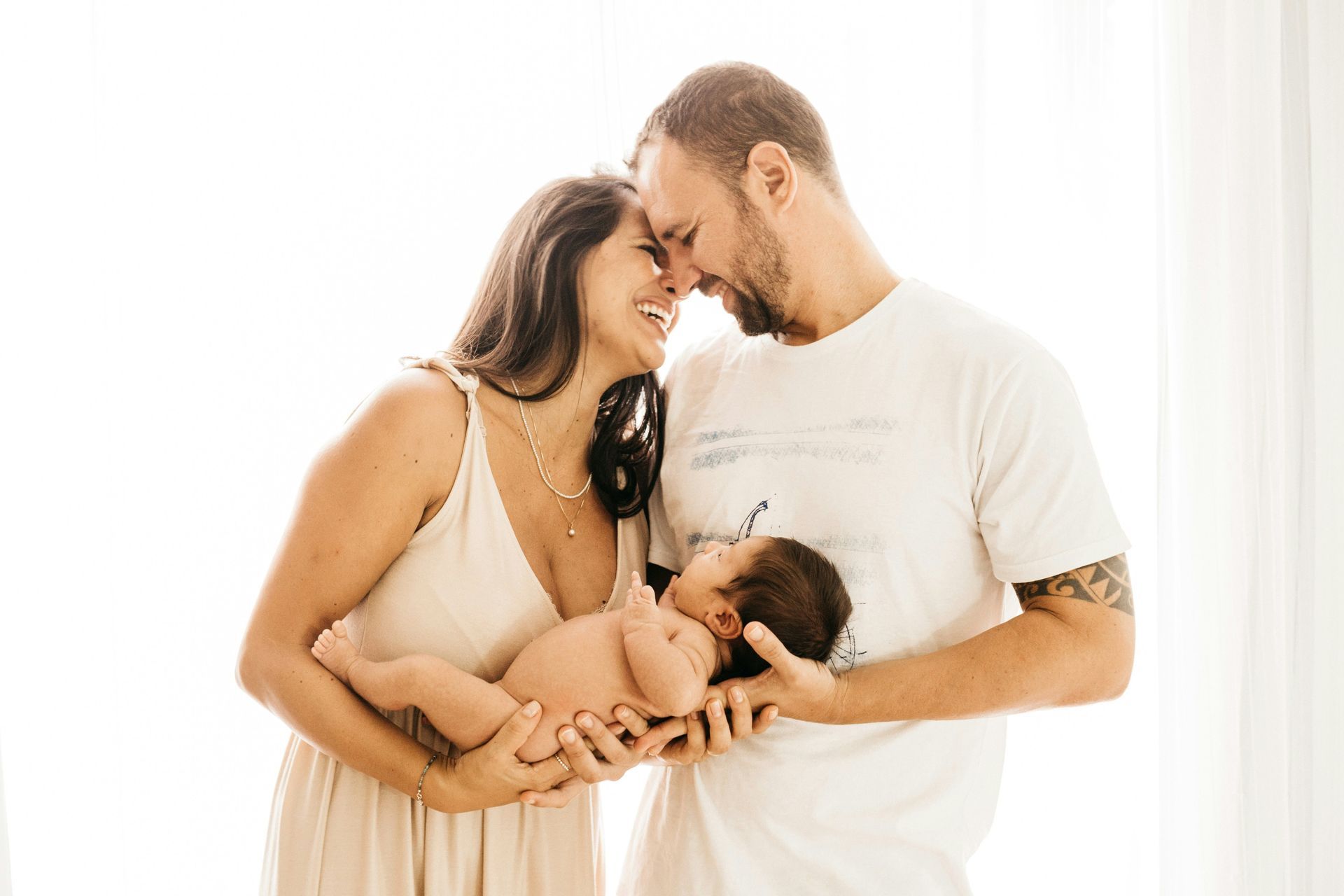There is a common misconception that exercise during pregnancy is unsafe. Fortunately, if you are healthy and your pregnancy is normal, it is safe to continue or start most types of exercise.
Why Be Active During Pregnancy?
Regular exercise during pregnancy benefits you and your baby in these key ways:
- Reduces back pain
- Eases constipation
- May decrease your risk of gestational diabetes, preeclampsia (high blood pressure during pregnancy), and cesarean delivery
- Promotes healthy weight gain during pregnancy
- Improves your overall general fitness and strengthens your heart and blood vessels
- Helps you to lose the baby weight after your baby is born
And benefits continue in the postpartum period: exercising after your baby is born may help improve mood and decreases the risk of deep vein thrombosis, a condition that can occur more frequently in women in the weeks after childbirth.
What Are The Best Choices For Physical Activity During Pregnancy?
The following activities are a few great ways to stay safely active for most healthy pregnant women:
- Walking: Brisk walking gives a total body workout and is easy on the joints and muscles.
- Swimming and water workouts: If you find brisk walking difficult because of low back pain, water exercise is a good way to stay active.
- Stationary Bicycling: Because your growing belly can affect your balance and make you more prone to falls, riding a standard bicycle during pregnancy can be risky. Cycling on a stationary bike is a better choice.
- Modified Yoga and Modified Pilates: Yoga reduces stress, improves flexibility, and encourages stretching and focused breathing. There are even classes designed especially for pregnant women! If taking a regular class, or doing yoga on your own, avoid poses that require you to be still or lie on your back for long periods.
When Is Exercise Unsafe During Pregnancy?
Women with the following conditions or pregnancy complications (which your doctor will tell you about) should not exercise during pregnancy:
- Certain types of heart and lung diseases
- Cervical insufficiency
- Being pregnant with twins or triplets (or more) with risk factors for preterm labor
- Placenta previa after 26 weeks of pregnancy
- Preterm labor or ruptured membranes (your water has broken) during this pregnancy
- Preeclampsia or pregnancy-induced high blood pressure
- Severe anemia
Physical activity does not increase your risk of miscarriage, low birth weight, or early delivery – unless you have any of the above conditions. In a healthy pregnancy, being active is a good thing.
Working With A Health Coach
Before you begin, check with your ob/gyn to make sure exercise is safe for you. If you are having trouble sticking to your exercise goals, or want help in designing an exercise program that is right for you, you may consider working with a health coach. Reply Ob/Gyn & Fertility Health Coach Emily Kennedy has helped many of our patients achieve their health goals. Emily suggests the following tips for pregnancy workouts:
- Drink plenty of water before, during, and after your workout.
- Wear a sports bra that gives lots of support to help protect your back. Later in pregnancy, a belly support belt may reduce discomfort while walking or running.
- Avoid becoming overheated. Wear loose-fitting clothing, and exercise in a temperature-controlled room. Do not exercise outside when it is very hot or humid.
- Keep moving! To ensure adequate blood flow to your uterus, avoid standing still or lying flat on your back as much as possible.
“Expect your workout to feel different during pregnancy,” Emily advises. “Your balance, breathing and coordination are all different. So tune in, and go easy!”











